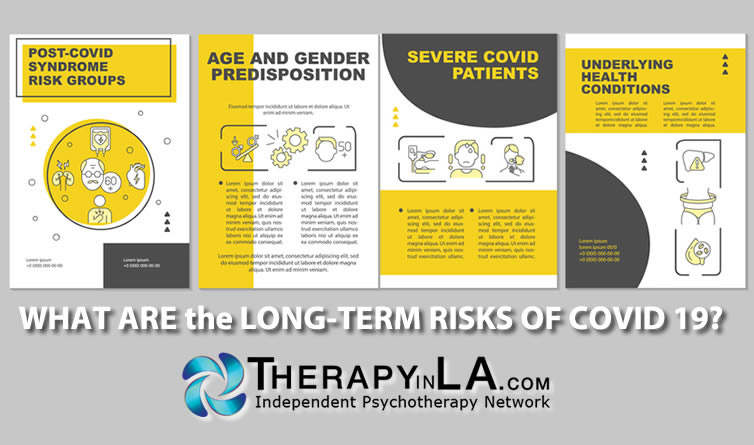WHAT ARE the LONG-TERM RISKS OF COVID 19?
WHAT ARE the LONG-TERM RISKS OF COVID 19?
What are the risks of neurological and psychological diagnoses following a COVID 19 episode? Quite significant, according to a study released in a highly regarded journal (https://www.thelancet.com/journals/lanpsy/article/PIIS2215-0366(21)00084-5/fulltext).
This study examined the electronic health records of COVID 19 patients six months after their illness. More severe forms of the virus were identified for patients who were hospitalized, needed intensive treatment, and experienced difficulties with their brain functioning. Data was available on more than 236,000 patients diagnosed with COVID 19. In the 6 months following the illness, more than 33% received their first neurological or psychological diagnoses. For patients admitted to an intensive care unit, the incidence was 46%. The specific diagnoses most common were for brain hemorrhage, stroke, symptoms of Parkinson’s Disease, dementia, anxiety, and psychotic disorders. More severe COVID 19 prompted a higher rate of these difficulties. Comparisons with patients with ordinary influenza showed much higher risks of follow-up difficulties with COVID.
This is more data in support of previous blogs citing such psychological concerns with COVID 19 as anxiety, depression, sleep disorders, substance abuse, child abuse and domestic violence. Preventing COVID to begin with is crucial, and then careful monitoring and follow-up care is critical. Therapists with IPN will work clients to support better overall health, and to collaborate with medical professionals as needed.
Alan M. Solomon, Ph.D. is a clinical psychologist in private practice in Torrance, CA. A member of the Independent Psychotherapy Network, he can be reached at 310 539-2772 or dralanms@gmail.com Telehealth sessions as well as in-person sessions are available.
Copyright 2021 by Alan M. Solomon, Ph.D.

